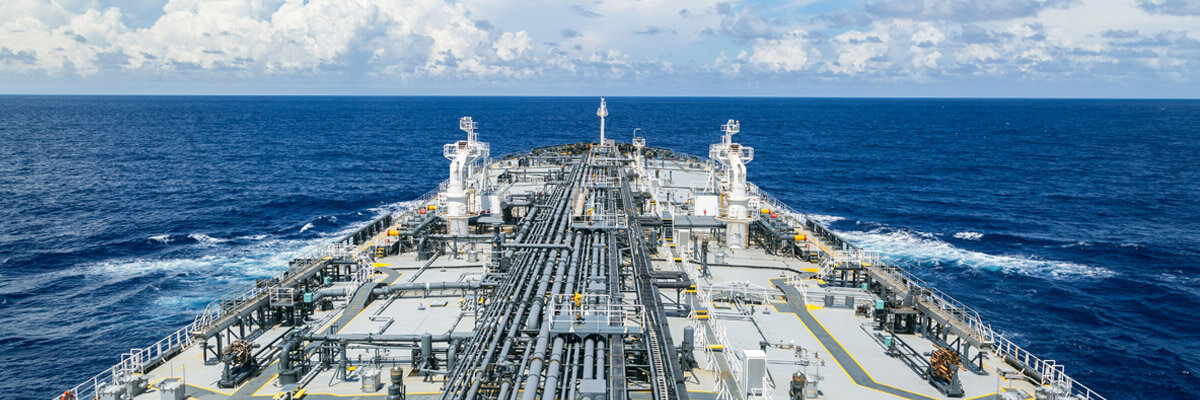
New sanctions expected to be positive for the tanker market
This week, the United States intensified sanctions on Russia by targeting its two largest oil producers, Rosneft and Lukoil, which account combined for roughly 55% of national output. With previous measures already covering another 20% through Surgutneftegas and Gazprom, close to three quarters of Russian production is now under restriction. The move is expected to disrupt trade flows and increase inefficiencies in global oil transport, particularly between the Atlantic and Pacific basins.
A potential boost for crude tankers overall
India’s state refiners, who currently import the majority of Russian oil, are expected to scale back imports of Russian crude, partly in response to new US tariffs and broader diplomatic pressure to align more closely with Western trade policy. As a result, Indian buyers may increase procurement from alternative suppliers. While VLCCs stand to benefit most from the reshuffling of long-haul flows, the shift also provides meaningful support for Suezmax and Aframax utilisation, particularly on regional and cross-Med routes, as non-sanctioned tonnage is redirected to serve these replacement trades. Despite the potential for some inefficiencies, overall market sentiment across the crude tanker spectrum remains firm.
Source: Fearnleys




